|
Hello friends, I’m sitting by the Ompompanoosuc River and I can feel my nervous system relaxing just by listening to the flow of water over rocks and watching an otter swimming nearby. And I’m thinking about all of you. I’m guessing a lot of us are feeling unsettled these days in our new roller coaster of a world. For me, hearing the news that Monsanto has been working on a 4-H program around soil health and soil microbiology is one of those places. It is strange to think that Monsanto and I are rolling out similar programs. (I have been working on soil health curriculum for two years and just helped set up the first soil health achievement award for 4-H.) What does it mean? Is someone at Monsanto working from the inside to change the company’s direction? Or is this another set-up for a corporation to profit from life’s processes while leaving farmers with virtually no net income? Or is it some interesting combination of the two? As a health-care provider, I see that our health is deeply connected to the microbiological health of the land, which holds and filters our water. Elijah Stommel, (Thetford neurologist and father of my son Henry's girlfriend) has been researching connections between neurological disorders and algae blooms such as those in Lake Champlain. The new movie about his work, Toxic Puzzle offers hope in clarifying the connections. The curriculum I am developing shows participants how we can actually prevent algae blooms by working with the microbiome of the soil, while providing numerous other co-benefits. So, my job is not to judge the intentions of corporate leaders. I know that everyone, ultimately, is doing the best they can with the information, support, and resources they have available to them. My job is to keep writing and developing the learning resources I am working on for the USDA Climate Hubs, the Future Farmers of America (FFA) career-tech programs, for science and social studies classrooms, and "houseparty" style adult learning groups, knowing that these resources can be used to strengthen the good work people around the world are already doing and to inspire a new generation of leaders. Other Updates: Peter Donovan and I attended the second Citizen Science Association conference last month, and we met a ton of great people. One was Jacqueline Vadjunec from Oklahoma State University who spoke about how Liberation Theology informed the ethics of her research work with ranching communities. Another was Louis Liebenburg, author of The Art of Tracking: the Origin of Science and founder of Cybertracker, a citizen-science data-collection tool developed for persistence hunters in Africa. Yet another amazing meeting at the conference was with Azamat Azarov, from University of Central Asia in Kyrgyz. He is working with nomadic herders (using Liebenburg’s app) to track changes in soil health from a variety of grazing practices. He and Peter spoke during the same session and during lunch he invited us to teach at the university there for a month, whenever we had time to travel. Last month's Teaming with Microbes soil health seminar that I co-taught with New Zealand agroecologist Nicole Masters was a roaring success. Thank you to everyone who joined us for this in-depth training. Nicole will return to the states in November and we are starting to plan a master class in Vermont and/or the Boston area. Stay tuned for details. On the homefront, my son Alden got his driver’s license (!!!) and he and his brother Henry bought their first car. Alden’s girlfriend Emma just graduated from Thetford Academy and is heading to Johnson State, where she will get to hobnob with the international crowd of writers and artists at Vermont Studio Center, which is also where I started to take myself seriously as a writer. I know that Emma, as a writer and artist, will love it there. 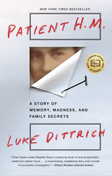 My younger brother Luke Dittrich’s book, Patient HM: A Story of Memory, Madness, and Family Secrets, (which starts in a very similar place as my book but goes in an entirely different direction) won the E.O. Wilson PEN award for best literary science writing. The book also was named one of the top five books of the year by a number of major publications—and now he’s landed another big book contract and a job working at the New York Times Magazine. I am super proud of him, (and a tiny bit jealous.) My son Henry Nichols, now 21, is fast following in his Uncle Luke’s footsteps. Look for his bylines in the Valley News and other publications this summer. As an independent author, my work as a writer relies not on major prizes or reviews in the big presses, but rather on word-of-mouth and grassroots marketing. Therefore I rely on all of you—my wonderful mycelial network—to get the word out about the value of my work. And you have done a wonderful job. Thank you so much. Please continue to write the reviews—in your small town paper, in your school newsletter, on Amazon, and Facebook. Give a copy to your librarian (as long as you don’t live in Cambridge) or sprinkle them in libraries as you travel, like Peter does, when he is playing literary Johnny Appleseed. I offer discounts for book pollinators on my website. If you are one of my friends from far away, like Dalmas Tiampati of the Maasai who recently sent me some wonderful gifts after patiently waiting three months for a copy of my book to be delivered to Kenya, I have some good news: The Ecology of Care is also now available on Kindle, and I get the same support from those sales as I do from sales of the paperback edition (and at half the expense for you). It’s all good. Last but not least, I wanted to let you know that I am working with a group of colleagues around the world to plan some big projects on rehydrating dry areas of the world. Those of us working in soil health have seen that when we learn to work with nature’s processes, all the good things in life flow outward from the places we restore. We know that healthy soils provide clean filtered water and nutrient dense foods that prevent and heal many of the illnesses that plague modern civilization. We know how to regrow the lush green sponge of the earth, and as we do that, it will make it easier to for refugees and others who have had to fight for food and basic needs to put down their defenses and their heavy loads, rest in safe communities, and drink from clear flowing springs.
In other words, by showing what is possible, we will make all the other nonsense of life completely irrelevant. I know we can do this, because I see it happening all over the United States and the world. Do you? In case you missed it earlier, here are some examples. I send you all big hugs, Didi
1 Comment
|
Didi Pershouse's
|
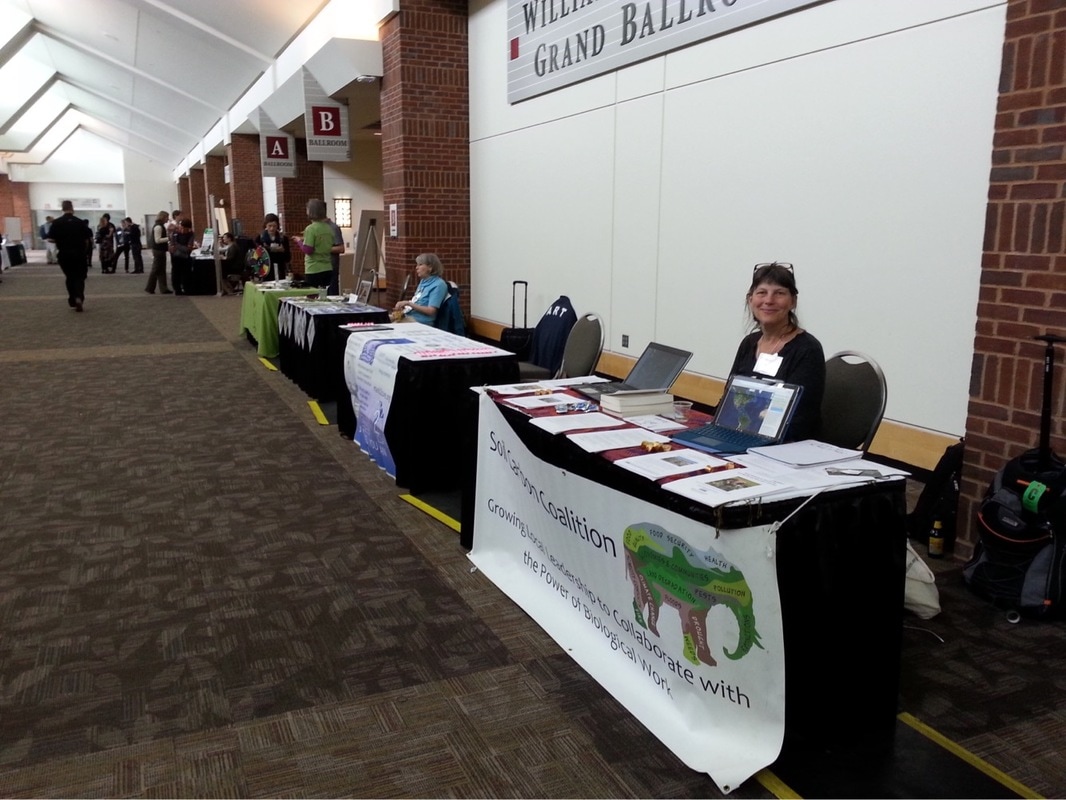
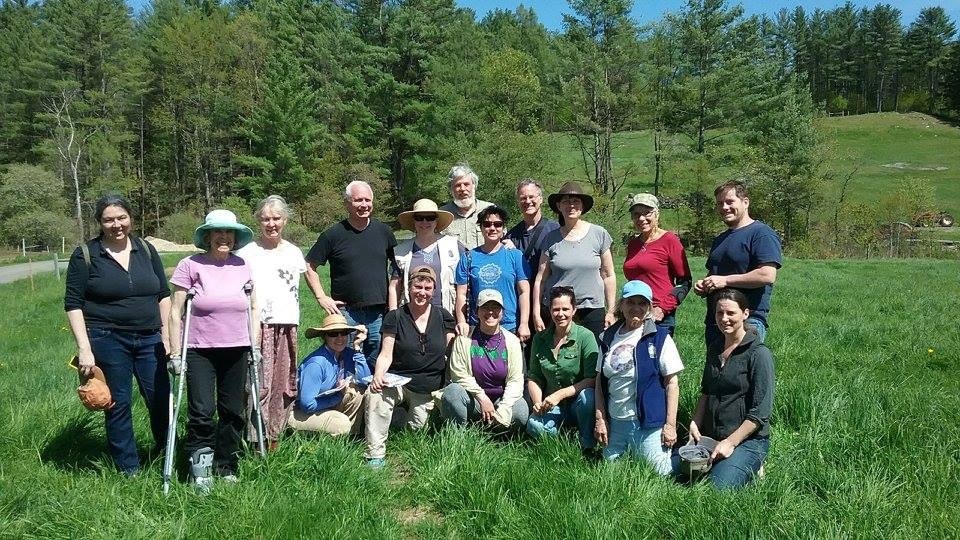
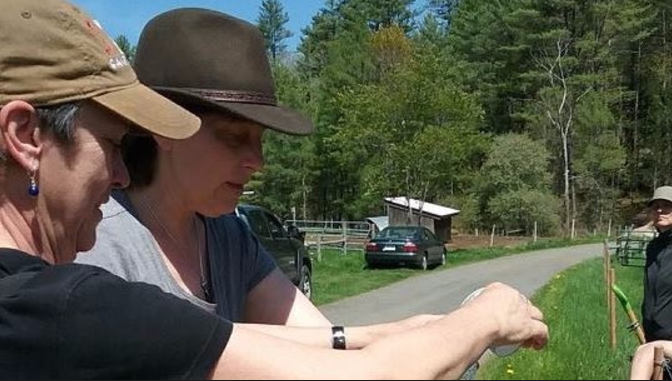
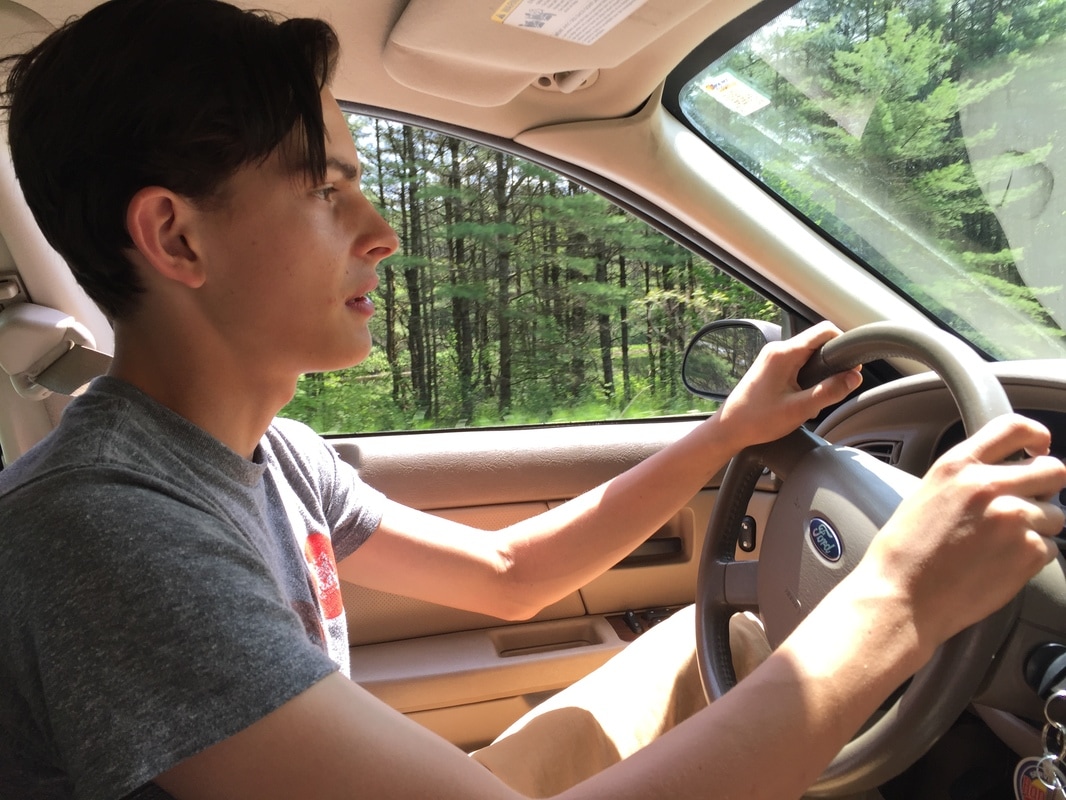
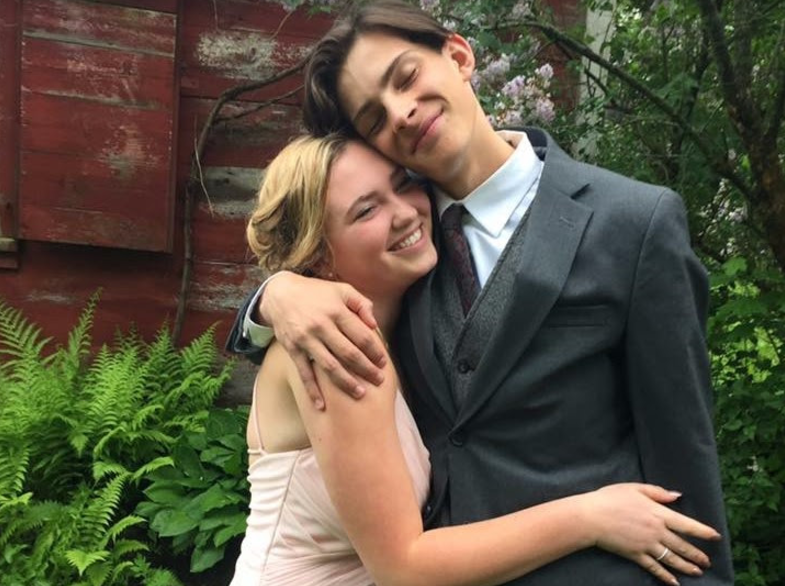
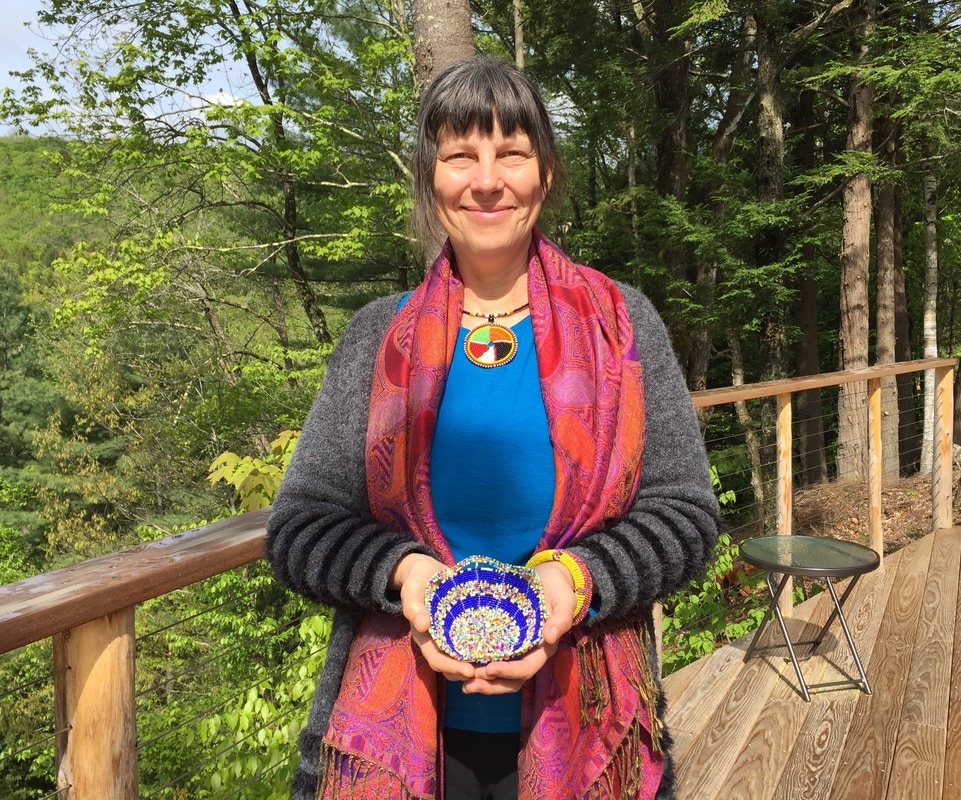
 RSS Feed
RSS Feed